Local Art and the Local Economy
Over the past four years since the inception of TAPROOT, a devised performance ensemble of which I am the Founding Artistic Director, we have had two hard and fast rules that have helped to shape many of the ways that we work.
1. No one gets paid unless everyone gets paid. Our ensemble knows that if the Artistic Directors are asking them to work for free, we believe in the project to the point that we are also willing to work for free. This pushes us to find funds, ask for what were worth and ensures that we never value our own artistic contributions above the artistic contributions of others.
2. The best opportunity is one you share. When someone gives us a chance to flourish through funding, residencies, or curatorial opportunities, we do our best to create space for other organizations to share in the opportunity.
Many years ago, my mother gifted all of her children a copy of the Better World Shopping Guide to encourage us all to spend money in a way that didn’t actively undermine our beliefs in equality, fair treatment, and environmental responsibility. While there were a myriad of disappointing facts about some of our favorite places, we realized that we vote every day for the kind of world we want to live in by how we spend our money. A dollar spent at a store that sells dangerous products to children in third-world countries, forces employees to work in unsafe conditions, or destroys the planet for monetary gain is a vote against a world where businesses treat people, animals and the environment with any modicum of respect. The general rule of thumb for ethical spending: buy local, bank local, and live local whenever you can.
Last year, TAPROOT received our first big grant for a project called NoVacancy. NoVacancy is a large-scale, interactive art installation developed by five local visual artists, for which we are curating an experiential performance series featuring local performers, community organizations, food vendors, breweries, and writers. TAPROOT artists are using the art installation as a foundation for a mobile performance experience that connects directly to the invented environment created by the visual artists and affected by audiences and attendees. The theme for the summer centers around urban decay and development. It’s a love letter and a challenge for Charlotte, NC, the second fastest growing city in the US. As we were developing the concept of the project, we established a new rule: Whenever and wherever possible, spend locally.
We committed to spending as much of the money locally as we could while also highlighting as many local businesses, artists, and organizations as possible. Could the financial investment in our work from outside funders become a financial investment into the city itself? Could we be advocates for the local economy even as we are fighting to make our own ends meet?
Trying to highlight local businesses over larger chains capable of making large donations, and seeking out local shops over Internet savings machines requires more intentionality.
According to the Huffington Post, money spent at a local business results in 3.5 times more wealth for the local economy than spending done at a “box” or chain store. When funding for our work results in an influx of spending at local businesses, the investment we receive goes a step further. We are regularly asking for local businesses to fund our work as sponsors and then we take the funds raised and distribute them elsewhere through corporate and online spending. Local arts organizations have to start taking seriously the role they play in the development and strength of their own local economies.
While I would love to say that working towards this goal has been nothing but fulfilling, in some ways it has been frustrating and complicated. Trying to highlight local businesses over larger chains capable of making large donations, and seeking out local shops over Internet savings machines requires more intentionality. With the myriad of options for cheap buying through the Internet, calling or going into stores can feel counter-intuitive and inconvenient. We developed delivery drones and food apps so we wouldn’t ever have to leave the house, right? How much of a difference could it really make?
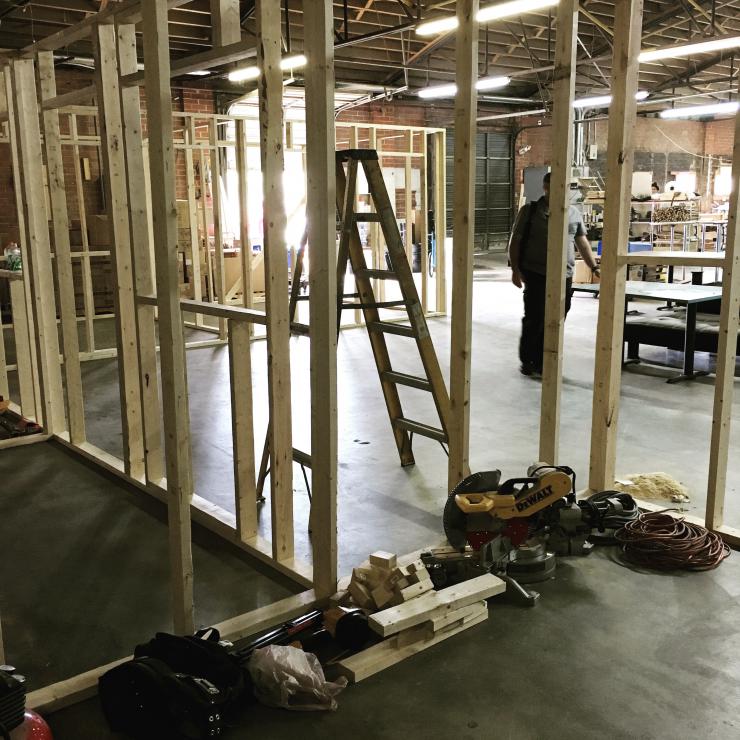
And yet, I notice the difference. I am more aware of my community and the economic landscape of my city than I ever have been. It feels good to shake hands and have conversations. I’ve met business owners, artists, and community developers from organizations that I didn’t even know existed. For example, when looking for a printer, we were encouraged to check out Boingo Graphics. When we began communicating with Renee, it was such a pleasure to have someone who was helping us to find the right option instead of scrolling through the options and hoping we picked one that would work. Renee has attended events during the project, spread the words to friends and gives me a hug when I see her.
Rather than looking to businesses simply as potential donors, a commitment to the local economy is helping us learn how to be better partners. Other artists, businesses and communities will make money, or have a resource provided for them because we chose to build the residency in the way that we did. Focusing on the local economy has created opportunities for other organizations to profit. We aren’t building something just for ourselves. We are building something that will benefit our neighbors, our city. I am often so blinded by our struggles as a young company that I lose track of our interconnectivity with the city and the potential for building relationships.
For us, this will be an intentional effort for a long time before it becomes second nature. As it is, with every purchase, we stop and ask: “Are there any local businesses that sell or make these?” It takes time. For many of you, this may be old hat, and for others, spending more to spend locally may seem like a waste of time and money. However, we can’t expect our patrons to spend money on us when we don’t spend money on them.
When our local businesses are stronger, so are we. A stronger local economy means more resources for local work, more money in the pockets of potential patrons, and a higher likelihood of collaborations between businesses and artists. If we want to live in financially stable cities with a high level of interconnectivity, we have to commit to being a part of the effort to create a financially stable community. We need to spend locally, partner locally, promote locally, and work together to create a new environment of interdependence between arts organizations, cities, and businesses.

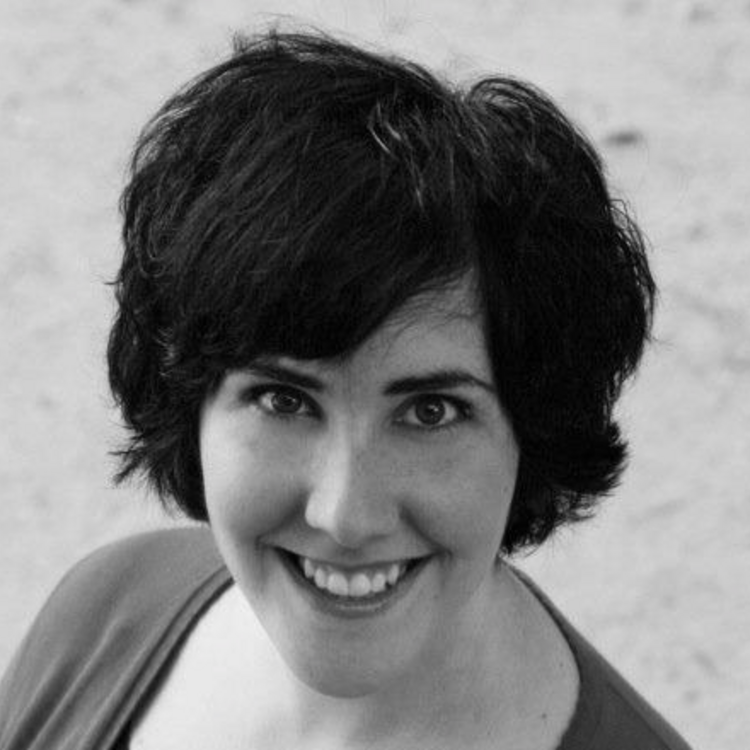
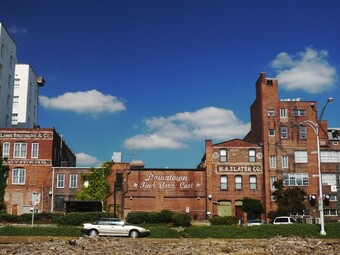

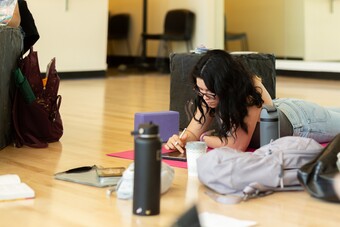

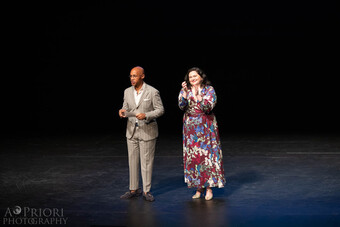


Comments
The article is just the start of the conversation—we want to know what you think about this subject, too! HowlRound is a space for knowledge-sharing, and we welcome spirited, thoughtful, and on-topic dialogue. Find our full comments policy here
Excellent article! For my entire adult life I've believed in supporting the local (Chicagoland) economy -- especially theater -- rather than spend my money (as my co-workers routinely did) on the latest hi-tech gadgets and getting new cars every couple of years.
In fact, to this day I still have an old NTSC (not hi-def or flatscreen) TV, my computer is nealry ten years old (but I am still able to type this comment just fine), and I've never had a so-called smart-phone. But I have seen hundreds of theatrical productions over the years!
As the above article indicated, if more people were to change their focus from possessions produced overseas to services (artistic and otherwise) produced locally, we'd all be a lot better off. (And eventually, seeing the trend, the powers-that-be would produce more of the products we need locally as well.)